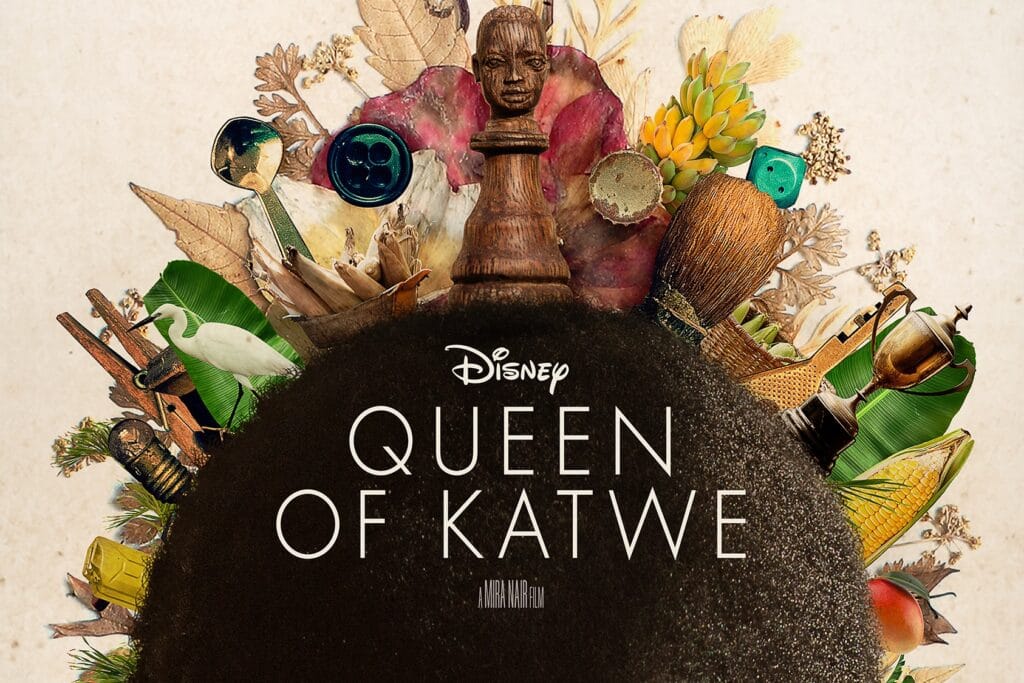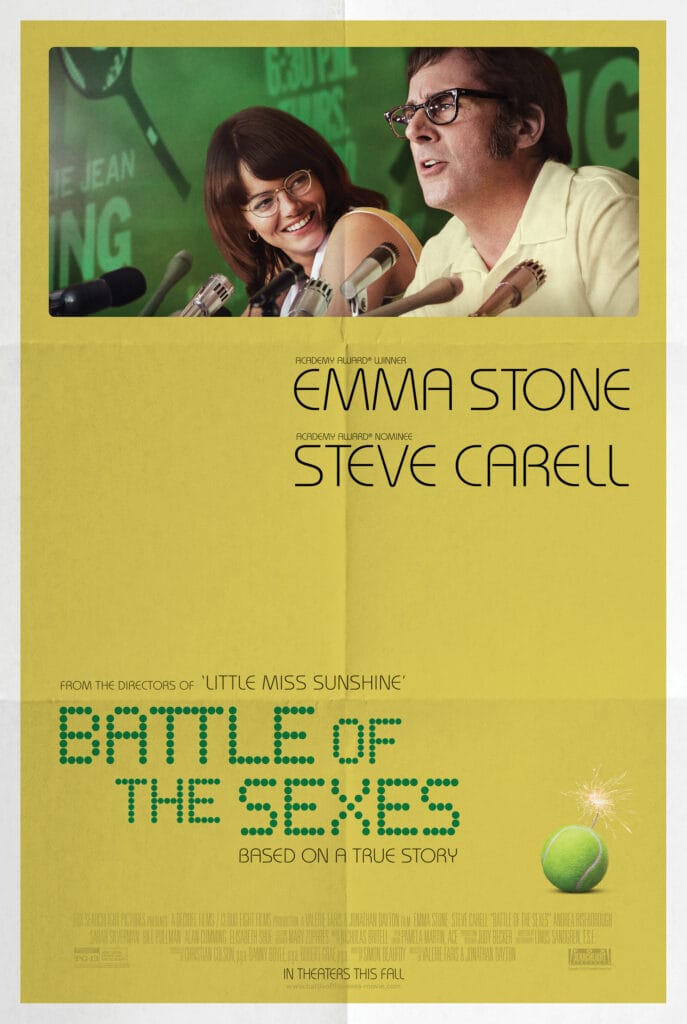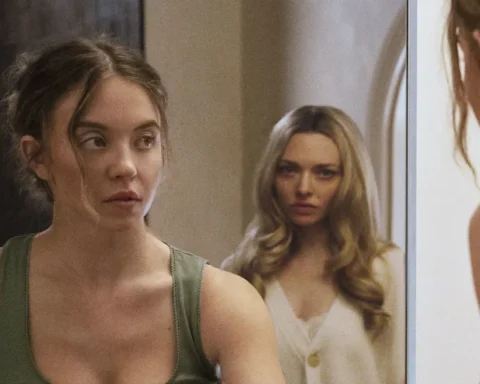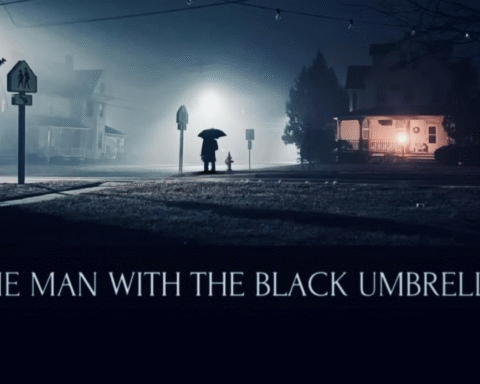The cinematic portrayal of women athletes presents an intersection of sports, gender dynamics, societal expectations, and individual resilience. These narratives often delve into the profound struggles and monumental achievements of women who have defied conventional norms to leave an indelible mark on the world of sports. This article examines seven exemplary films that vividly capture the true stories of women athletes, offering an academic critique of their depiction of struggle, perseverance, and triumph.

1. A League of Their Own (1992)
Synopsis and Historical Context
A League of Their Own, directed by Penny Marshall, chronicles the formation of the All-American Girls Professional Baseball League (AAGPBL) during World War II. With male athletes conscripted for the war effort, women stepped up to fill the void in professional baseball, challenging gender norms and societal expectations.
Analysis of Struggles
The film meticulously explores the multifaceted struggles of its protagonists. These women confront sexism, as evidenced by the league’s promotional tactics that focus on their femininity rather than their athletic prowess. The players are subjected to charm school and mandated to wear impractical uniforms that undermine their capabilities. This reflects broader societal efforts to confine women to traditional gender roles, even as they venture into male-dominated arenas.
Intellectual Examination of Themes
From a feminist perspective, A League of Their Own offers a critique of the patriarchal structures that seek to limit women’s autonomy and agency. The players’ perseverance in the face of systemic barriers exemplifies feminist resistance. The film’s narrative structure also employs the concept of “gender performativity,” as theorized by Judith Butler, showcasing how the athletes navigate and negotiate their identities within restrictive social frameworks.
Impact and Legacy
The legacy of A League of Their Own extends beyond its historical recounting, serving as a cultural touchstone that highlights the often-overlooked contributions of women in sports. Its impact on popular culture and the collective memory of women’s sports history is profound, cementing the AAGPBL’s place in the annals of American sports.

2. Queen of Katwe (2016)
Synopsis and Historical Context
Queen of Katwe, directed by Mira Nair, tells the true story of Phiona Mutesi, a Ugandan girl from the impoverished slum of Katwe who rises to prominence in the world of chess. The film is based on the book The Queen of Katwe: A Story of Life, Chess, and One Extraordinary Girl’s Dream of Becoming a Grandmaster by Tim Crothers.
Analysis of Struggles
Phiona’s journey is marked by severe socio-economic challenges and gender biases. Growing up in poverty, her initial foray into chess is driven by the prospect of a meal rather than a passion for the game. Her success in chess, a domain predominantly occupied by males, underscores the intersectionality of her struggle, where gender and class dynamics interplay to shape her experiences.
Intellectual Examination of Themes
The film embodies the concept of “structural violence,” as articulated by Johan Galtung, which refers to the systematic ways in which social structures harm or disadvantage individuals. Phiona’s story is a testament to overcoming structural barriers, where her intellectual acumen and strategic thinking enable her to transcend her socio-economic circumstances. Furthermore, the film engages with postcolonial discourse, reflecting on how colonial legacies influence contemporary realities in postcolonial societies.
Impact and Legacy
Queen of Katwe serves as an inspirational narrative that foregrounds the resilience and ingenuity of young women in the face of adversity. Its portrayal of Phiona’s achievements challenges stereotypes about gender and intelligence, particularly in the Global South, and inspires a broader discourse on the potential of underrepresented groups in intellectual domains.

3. Battle of the Sexes (2017)
Synopsis and Historical Context
Battle of the Sexes, directed by Jonathan Dayton and Valerie Faris, dramatizes the historic 1973 tennis match between Billie Jean King and Bobby Riggs. This event was a pivotal moment in the women’s liberation movement, highlighting issues of gender equality in sports.
Analysis of Struggles
The film delves into Billie Jean King’s dual struggle: her public battle for gender equality in sports and her private struggle with her sexual identity. The match against Riggs is emblematic of the broader societal struggle for women’s rights, with King facing immense pressure to prove women’s competence in athletics.
Intellectual Examination of Themes
From a theoretical perspective, the film can be analyzed through the lens of “hegemonic masculinity,” a concept introduced by R.W. Connell. Riggs’ chauvinistic antics represent the entrenched patriarchal attitudes that King confronts. Additionally, the film explores the theme of “identity politics,” where King’s personal journey of self-discovery intersects with her public advocacy for women’s rights, illustrating the interconnectedness of personal and political realms.
Impact and Legacy
The legacy of the 1973 match and its cinematic portrayal extends beyond sports, resonating with broader social movements advocating for gender equality. Battle of the Sexes not only commemorates a significant historical event but also serves as a reminder of the ongoing struggle for women’s rights, both within and outside the realm of sports.

4. The Miracle Season (2018)
Synopsis and Historical Context
The Miracle Season, directed by Sean McNamara, recounts the true story of the West High School volleyball team in Iowa, who rallied to win the state championship following the tragic death of their star player, Caroline Found.
Analysis of Struggles
The film poignantly captures the emotional and psychological struggles faced by the team members as they cope with their grief and strive to honor their friend’s legacy. The narrative emphasizes the collective struggle and solidarity among the players, highlighting the therapeutic role of sports in navigating personal loss.
Intellectual Examination of Themes
The Miracle Season can be examined through the concept of “communitas,” as theorized by Victor Turner, which refers to the sense of community and shared experience that emerges in the liminal space of collective endeavor. The team’s journey reflects the transformative power of collective grief and resilience, illustrating how sports can foster a profound sense of community and shared purpose.
Impact and Legacy
The film’s impact lies in its portrayal of the human spirit’s capacity to overcome adversity through collective effort and mutual support. It underscores the therapeutic and unifying potential of sports, particularly in times of communal grief, and serves as an inspirational narrative for audiences facing their own personal challenges.

5. I, Tonya (2017)
Synopsis and Historical Context
I, Tonya, directed by Craig Gillespie, presents a darkly comedic and critically acclaimed depiction of figure skater Tonya Harding’s life, focusing on her involvement in the 1994 attack on her rival, Nancy Kerrigan.
Analysis of Struggles
The film delves into Harding’s tumultuous life, characterized by abuse, class struggles, and relentless media scrutiny. Harding’s story is a complex narrative of victimization and agency, where her socio-economic background and abusive relationships significantly impact her career and personal choices.
Intellectual Examination of Themes
I, Tonya can be analyzed through the framework of “intersectionality,” a term coined by Kimberlé Crenshaw, which explores how various forms of social stratification, such as race, class, and gender, intersect and influence individual experiences. Harding’s narrative exemplifies how class and gender biases intersect to shape her public persona and media representation. Additionally, the film employs “narrative polyphony,” presenting multiple perspectives and unreliable narrators, challenging the audience to grapple with the complexity of truth and representation.
Impact and Legacy
The film’s portrayal of Tonya Harding offers a nuanced exploration of the complexities of public perception and media narratives. It prompts a reevaluation of Harding’s legacy, encouraging audiences to consider the broader socio-economic factors that influence individual actions and the often simplistic media portrayals of controversial figures.

6. Mighty Macs (2009)
Synopsis and Historical Context
Mighty Macs, directed by Tim Chambers, is based on the true story of Cathy Rush, who led the Immaculata College women’s basketball team to three consecutive AIAW national championships in the early 1970s. The film captures the challenges of coaching a women’s basketball team at a time when women’s sports received minimal support and recognition.
Analysis of Struggles
The film highlights the myriad challenges faced by Cathy Rush and her team, including inadequate facilities, lack of funding, and societal indifference towards women’s sports. The narrative also explores Rush’s personal struggles in balancing her career ambitions with societal expectations of women’s roles in marriage and family life.
Intellectual Examination of Themes
Mighty Macs can be analyzed through the lens of “institutional sexism,” which refers to the systemic inequalities and discriminatory practices embedded within institutions. The film illustrates how institutional barriers limit opportunities for women athletes and coaches, necessitating resilience and ingenuity to overcome. Furthermore, the film engages with the theme of “feminist pedagogy,” as Rush’s coaching methods emphasize empowerment, collaboration, and personal growth, challenging traditional authoritarian models of coaching.
Impact and Legacy
The film serves as an inspirational tale of perseverance and achievement, shedding light on the often-ignored history of women’s sports. It underscores the importance of institutional support for women’s athletics and inspires future generations to advocate for gender equality in sports.

7. The Gabby Douglas Story (2014)
Synopsis and Historical Context
The Gabby Douglas Story, directed by Gregg Champion, chronicles the journey of gymnast Gabby Douglas, who became the first African American woman to win the individual all-around gold medal in gymnastics at the 2012 Olympics. The film highlights her early struggles, familial sacrifices, and the challenges of competing at the highest level.
Analysis of Struggles
Gabby Douglas’s story is one of overcoming racial and socio-economic barriers in a sport predominantly dominated by white athletes. The film portrays her rigorous training, the financial strain on her family, and the racial prejudice she faced both within and outside the gymnastics community. These struggles are compounded by the intense scrutiny and expectations placed on her as a trailblazer in the sport.
Intellectual Examination of Themes
The film can be analyzed through the framework of “racialization” in sports, exploring how racial identities and stereotypes influence athletic participation and representation. Douglas’s experiences reflect broader societal issues of race and class, highlighting the additional burdens placed on athletes of color. Moreover, the film engages with “resilience theory,” illustrating how personal and familial resilience enables individuals to overcome significant adversities.
Impact and Legacy
The Gabby Douglas Story serves as a powerful narrative of resilience and excellence, inspiring young athletes, particularly from marginalized communities. It underscores the importance of representation in sports and the need for systemic changes to support diverse talent.
The Struggle Against Sexism and Discrimination in Sports
The portrayal of women athletes in these films underscores the pervasive sexism and discrimination they face in the world of sports. This struggle is multifaceted, encompassing issues of gender bias, unequal opportunities, and societal expectations. For LGBT and transgender women, these challenges are further compounded by discrimination based on sexual orientation and gender identity.
Gender Bias and Unequal Opportunities
Women athletes often face systemic barriers, including lower pay, inadequate facilities, and less media coverage compared to their male counterparts. This institutional sexism limits their opportunities and perpetuates gender inequalities in sports. Films like A League of Their Own and Mighty Macs highlight these disparities, showcasing the resilience required to overcome such challenges.
Societal Expectations and Stereotypes
Societal expectations often confine women to traditional gender roles, marginalizing their achievements in sports. The struggle to balance personal aspirations with societal norms is a recurring theme, as seen in The Miracle Season and The Gabby Douglas Story. These films illustrate how societal pressures can impact women’s athletic careers and personal lives.





Discrimination Against LGBT and Transgender Women
LGBT and transgender women in sports face additional layers of discrimination. This includes exclusionary policies, harassment, and a lack of support from governing bodies. The struggle for inclusion and recognition is ongoing, with debates around transgender athletes’ participation in sports highlighting the need for more inclusive policies. Billie Jean King’s story in Battle of the Sexes reflects the challenges faced by LGBT athletes in gaining acceptance and equality.
Intersectionality in Women’s Sports
The concept of intersectionality, as explored in I, Tonya and Queen of Katwe, is crucial in understanding the diverse experiences of women athletes. Intersectional discrimination based on race, class, and gender shapes the unique challenges faced by athletes like Tonya Harding and Phiona Mutesi. Addressing these intersecting oppressions is essential for creating an equitable sports environment.
Slow Progress But Fierce Will
The depiction of women athletes in these seven films encapsulates a rich tapestry of struggle, resilience, and triumph. Each narrative offers a unique lens through which to examine the intersection of gender, societal norms, and individual agency. From the systemic barriers faced by the women of the AAGPBL in A League of Their Own to Phiona Mutesi’s transcendence of socio-economic limitations in Queen of Katwe, these stories underscore the multifaceted nature of women’s experiences in sports. Battle of the Sexes and I, Tonya further highlight the public and private battles fought by women athletes, while The Miracle Season emphasizes the therapeutic power of collective effort in overcoming personal loss. Mighty Macs and The Gabby Douglas Story add depth to the discourse on institutional support and racial dynamics in sports. Together, these films contribute to a broader understanding of the role of women in sports, challenging traditional narratives and inspiring future generations of athletes.






